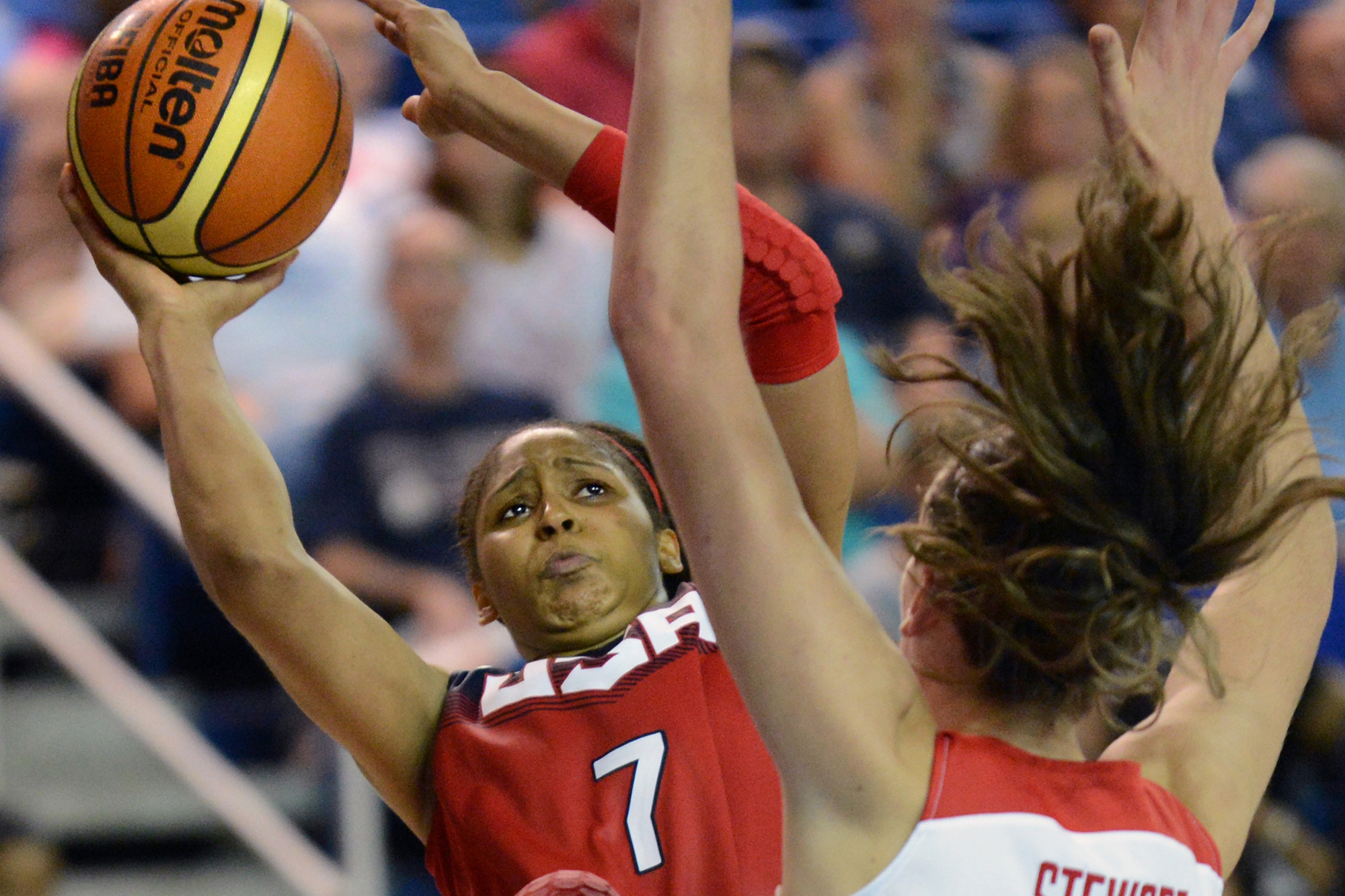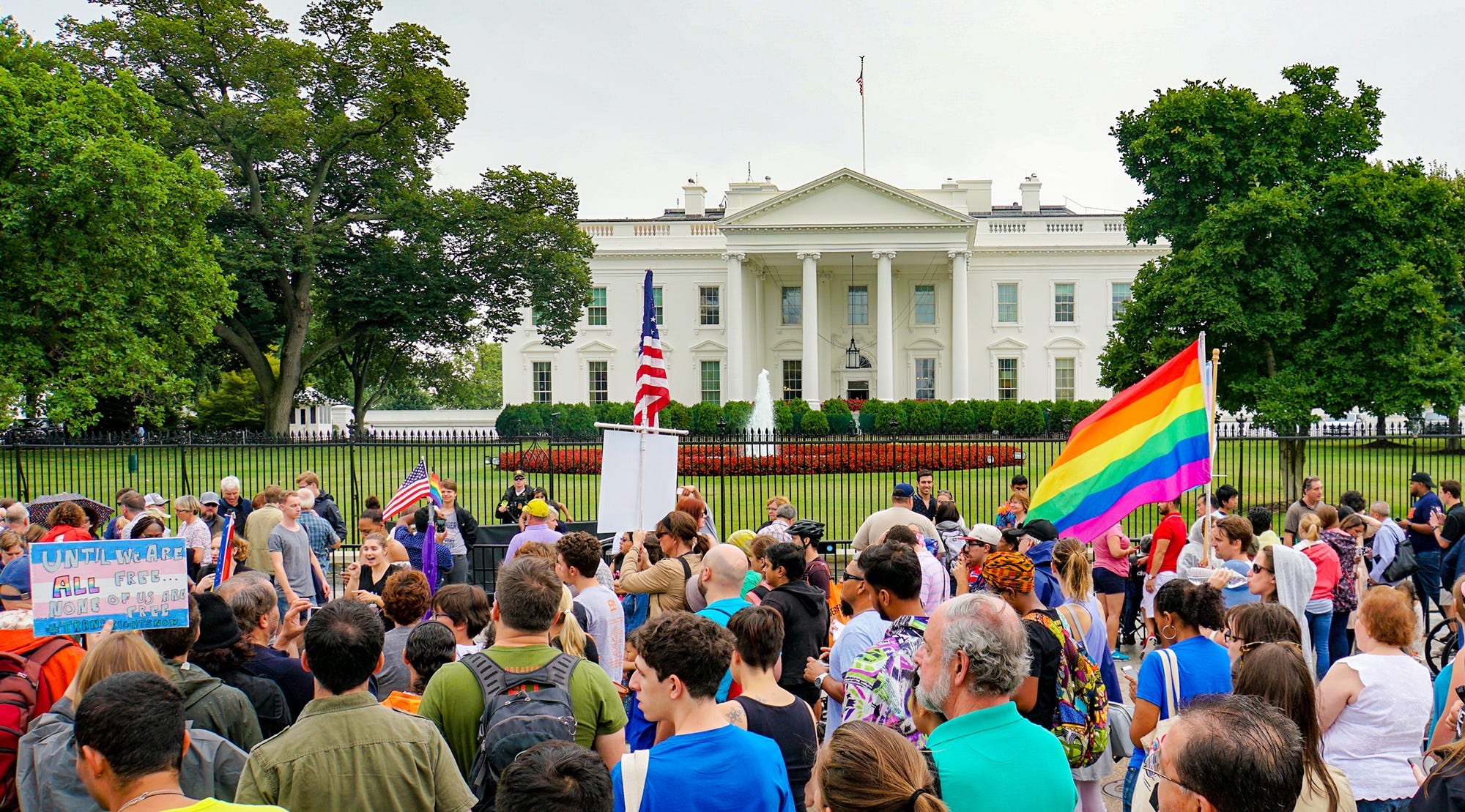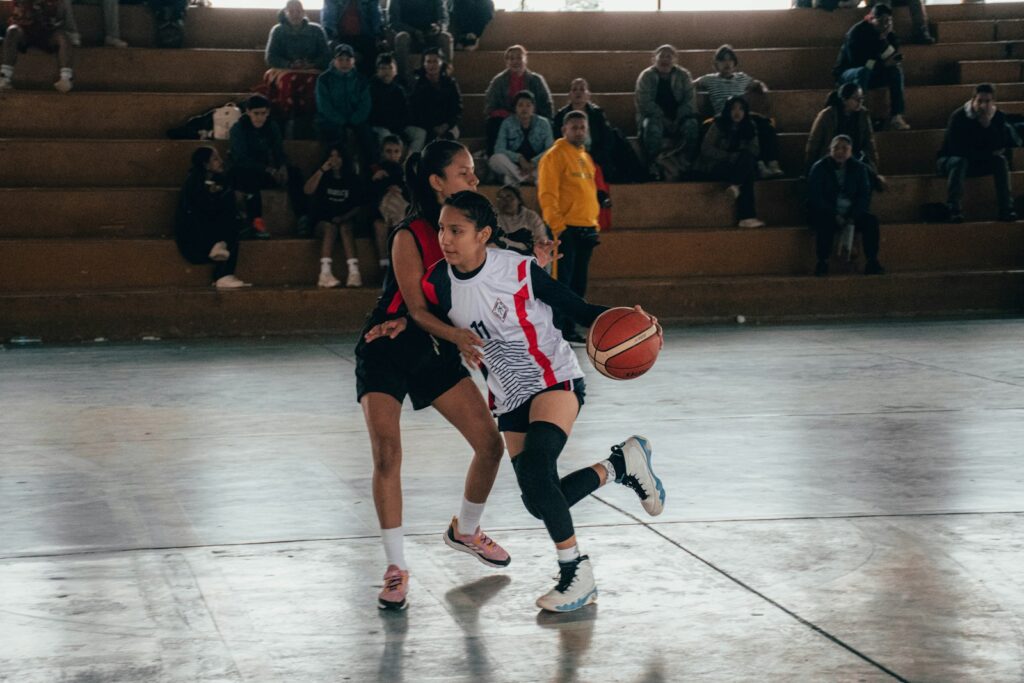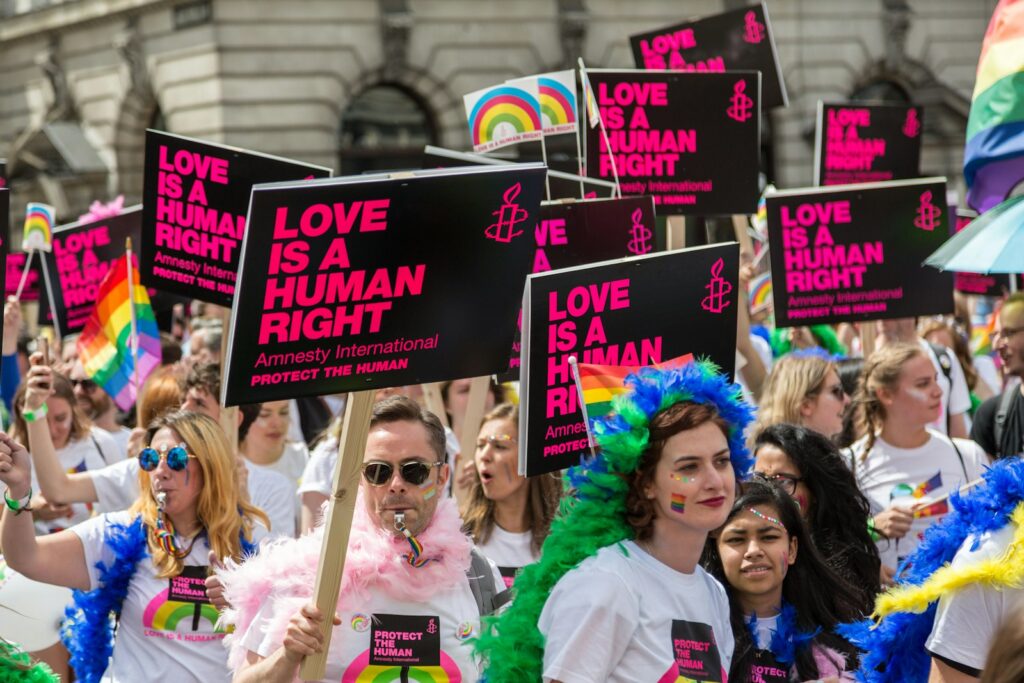
Across the United States, a series of significant policy changes and legal disputes are drawing national attention. These developments span a wide range of sectors, from collegiate sports regulations and adjustments to federal university funding, to newly enacted state laws addressing education, public safety, environmental policy, and civil rights.
Though these issues may appear unrelated, they frequently converge within broader national conversations about equity, inclusion, public welfare, and the evolving responsibilities of government and institutions in responding to complex social challenges. Each case reflects the intersection of legislation and public opinion, generating impactful outcomes and shaping legal and policy standards for the future.
This article examines several of these developments as revealed through recent reporting. It focuses on university-level agreements, state legislative actions, and public initiatives that are influencing the direction of American sports, education, and legal frameworks.
Penn Reaches Federal Agreement Over Title IX Investigation Involving Lia Thomas Case
A significant development was announced on July 1, when the University of Pennsylvania reached an agreement with the federal government to resolve an investigation into its campus practices. The case attracted widespread attention, with conservative commentator Laura Ingraham and anti-transgender activist Riley Gaines publicly celebrating the resolution on Fox News, joined by Education Secretary Linda McMahon.
The federal inquiry focused on allegations that the Ivy League institution had violated Title IX, the primary federal law prohibiting sex-based discrimination in education. The allegations stemmed from the university’s decision to allow Lia Thomas, a transgender former student, to compete on the women’s swim team and use women-only locker room facilities. In response to the investigation, Penn agreed to cooperate with the Department of Education and issued letters of apology to female swimmers who competed alongside Thomas in 2022, the year she won a national championship.
A key component of the resolution involved the reinstatement of federal funding. In March, the federal government had suspended approximately 175 million dollars in contracts with the university in connection with the Title IX case. The suspension affected a wide range of research initiatives, including projects on preventing hospital-acquired infections, screening for deadly viruses, and chemical warfare defense. Following the July 1 agreement, the Department of Education confirmed that the freeze had been lifted, allowing the delayed funds to resume.
Penn’s president, J. Larry Jameson, described the matter as “complex” and welcomed the resolution. In a statement, he reaffirmed the university’s dedication to maintaining an inclusive campus environment while complying with federal law and NCAA regulations.

Georgia’s Riley Gaines Act Sparks Debate Over Transgender Participation in School Sports
Among the new legislation set to take effect in Georgia, one of the most contentious is the Riley Gaines Act of 2025. This law is aimed at regulating the participation of transgender students in school sports by prohibiting them from joining teams that do not correspond with their sex assigned at birth.
The statute applies broadly across Georgia’s public education system, including both K-12 schools and state universities. It specifically restricts individuals assigned male at birth from competing on female sports teams. The law is scheduled to go into effect on July 1, 2025.
Public reaction to the legislation remains divided. Proponents argue that the measure is essential to maintain fair competition and protect the integrity of women’s athletics. Critics, however, contend that the law will further marginalize transgender students, particularly transgender girls and women, by excluding them from sports teams that align with their gender identity.
The act is named after Riley Gaines, a competitive swimmer who previously raced against a transgender athlete and has since become a prominent advocate for restricting transgender participation in women’s sports.

Georgia Implements Ricky and Alyssa’s Law to Strengthen School Emergency Response Systems
Senate Bill 17, known as Ricky and Alyssa’s Law, is among the new legislation taking effect in Georgia and aims to significantly improve safety measures in the state’s public K-12 schools. The law requires all such schools to install mobile panic alert systems to better coordinate responses during emergencies.
These systems are designed to establish a direct link between school staff and local or state emergency services. In addition to the alert mechanism, the legislation mandates real-time digital mapping within school buildings to enable first responders to quickly and accurately navigate facilities during critical incidents.
The bill is named in memory of school shooting victims Richard Aspinwall, one of four people killed at Apalachee High School, and Alyssa Alhadeff, one of 17 victims of the 2018 mass shooting at Marjory Stoneman Douglas High School in Florida.
While implementation across the state is ongoing, many schools in the Central Savannah River Area, including those in Richmond, Columbia, and McDuffie counties, already use such systems. Devices such as 911inform and Centegix are described as wearable panic buttons that transmit the precise location of a threat or medical emergency to first responders. According to a representative from 911inform, these technologies can significantly reduce response times and save lives.

Georgia Legalizes Human Composting as a Sustainable End-of-Life Option
Georgia has enacted new legislation that legalizes human composting, expanding the range of end-of-life options available to residents. Also known as terramation, this method offers an environmentally sustainable alternative to traditional burial and cremation. With this change, Georgia becomes the 13th state in the United States to permit the practice.
Proponents view human composting as a meaningful and ecological way to return the body to the earth. The process involves placing human remains in a controlled setting with organic materials, where natural decomposition occurs over several weeks, ultimately producing nutrient-rich soil.
The new law allows funeral homes and other authorized providers in Georgia to establish dedicated human composting facilities. Until now, residents who wished to be composted after death had to arrange transportation to states on the West Coast where the process was already legal, often resulting in additional logistical and financial burdens. By permitting terramation within state lines, the law significantly increases accessibility for those seeking a sustainable end-of-life option.

New XX-XY Athletics Campaign Criticizes Nike Over Transgender Participation in Women’s Sports
A new advertising campaign from XX-XY Athletics, founded by Jennifer Sey, has sparked widespread debate across social media. The company, which opposes the participation of transgender women in women’s sports, directly challenges Nike, accusing the global brand of failing to defend female athletes.
The campaign opens with a pointed claim: “Over 1900 females have been displaced by males in women’s sports. Yet Nike remains silent.” The ad then poses a question to female athletes—what would they say to Nike? Their responses frame the company’s silence as a failure to uphold its professed support for women.
One of the athletes featured, Payton McNabb, shares her story of sustaining a brain injury after a transgender player spiked a volleyball into her head. She claims the injury ended her opportunity to play in college and criticizes Nike for being performative: “You are using us when it’s convenient, but in private, you’re not doing anything about it.”
Riley Gaines, a former collegiate swimmer who competed against Lia Thomas and has since become a prominent voice in this debate, issues a direct statement using Nike’s iconic slogan: “Just do it. That’s your slogan, isn’t it, Nike? Just do it. When I say it, I mean do the right thing. And that’s defending women and biological reality.”
Another athlete adds, “Women’s sports aren’t just a marketing tool.”
The campaign presents XX-XY Athletics as an alternative to Nike’s inclusion policies, which continue to support transgender participation in sports. Nike reaffirmed this stance in 2023, even as its financial performance drew scrutiny and controversy grew over alleged research funding into transgender youth in athletics. Jennifer Sey publicly criticized such research as “medical experiments on children.”
This campaign exemplifies how debates over fairness and inclusion in sports have moved beyond legislation and courtrooms, becoming a battleground for public opinion and corporate accountability.

Examining the Complex Debate and Data on Transgender Athlete Participation
Beyond isolated incidents and legal disputes, the broader discourse surrounding transgender athlete participation remains highly contested, often involving debates about fairness, competitive integrity, and the tangible effects of transgender inclusion on women’s sports at various levels.
One viewpoint emphasizes the relatively small number of transgender athletes active in sports, particularly at elite levels. For example, the U.K. Football Association banned transgender women from amateur and professional football despite there being reportedly fewer than 30 transgender women among millions of registered players and none competing professionally. Similarly, at the Paris 2024 Olympics, only three transgender or non-binary athletes competed among 10,500 participants, with none securing medals. Such data is cited to suggest that the widespread concern over transgender women in sports is disproportionate to their actual numbers and influence on competition outcomes.
The book Let Us Play: Winning the Battle for Gender Diverse Athletes by Harrison and Rachel Browne challenges the narrative that transgender athletes undermine women’s sports. Drawing on empirical evidence, the authors refute claims of inherent injustice and argue that the concept of fairness is often manipulated to marginalize transgender individuals. They highlight that success in sports is shaped by numerous factors beyond gender, biology, or hormones, including socioeconomic background, race, and chance. The authors also caution against the use of “moral panics” that target multiple communities within sports, noting that legislative measures aimed at transgender youth and students lack justification given the very small number of transgender athletes.

Federal Funding Actions Target Harvard Amid Government Scrutiny
The Trump administration undertook significant federal funding actions affecting Harvard University, highlighting the government’s intense scrutiny of elite academic institutions beyond the realm of sports controversies. In March, approximately $450 million in federal grants to Harvard were suspended, following an earlier withdrawal of $60 million over allegations of antisemitism. These financial measures represented a substantial reduction in federal support, impacting numerous research projects and programs across the university.
Furthermore, the administration’s attempt to require Harvard to provide the “names and countries” of all its international students triggered a legal challenge. A federal judge subsequently blocked the effort to prevent Harvard from enrolling foreign students. These developments illustrate a pattern of rigorous federal oversight and intervention targeting prestigious universities, unders

Controversial Riley Gaines Speech Sparks Protests and Debate on Free Speech at Portland State University
Gaines’ scheduled remarks opposing policies that allow transgender athletes to compete in women’s sports quickly ignited strong opposition on the predominantly progressive campus. Prior to the event, a coalition of official and unofficial student organizations announced plans to protest. Groups such as Portland State University Students for a Democratic Society vowed to confront transphobia and defend transgender rights both on campus and in the wider community. Concurrently, other campus organizations arranged alternative events, including a Pride volleyball tournament hosted by the Queer Resource Center, to celebrate LGBTQ+ identities during Gaines’ speech.
PSU reaffirmed its commitment to free speech as a public institution, emphasizing its authority to regulate the time, place, and manner of expression, but not the content, even when views expressed conflicted with campus values. However, tensions escalated on the evening of the event outside the Smith Memorial Student Union, where Gaines spoke. Video footage circulated online showed protesters attempting to force entry into the student union while police worked to maintain order. Five individuals were arrested on various charges during the demonstration, which drew several dozen protesters advocating for transgender rights.
This event underscored the challenge of balancing the protection of controversial speech with the need to maintain an inclusive and safe campus environment. The incident comes amid ongoing investigations into PSU related to Title VI civil rights complaints involving alleged Islamophobia and antisemitism, adding further complexity to the university’s current climate.

The complex interplay between sports, law, identity, and public discourse continues to pose significant challenges in the United States. Recent developments—ranging from changes in university policies and state legislation to legal battles, public disputes among high-profile figures, and campus confrontations—reflect a society wrestling with fundamental questions about fairness, inclusion, and the equilibrium between individual rights and collective protections. These evolving debates illustrate the power of activism, the impact of policy, and the deeply held convictions on all sides, demonstrating that this conversation remains far from settled.



:max_bytes(150000):strip_icc():focal(902x701:904x703)/Taylor-Swift-Travis-Kelce-Amsterdam-070624-03-b71d09f4779b4d109dc7be8f2f372e15.jpg)
